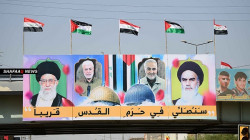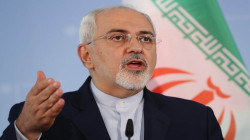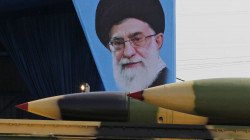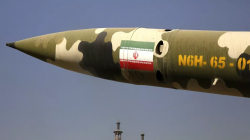Israel's missiles on Iran in Iraqi airspace, Tehran threatens
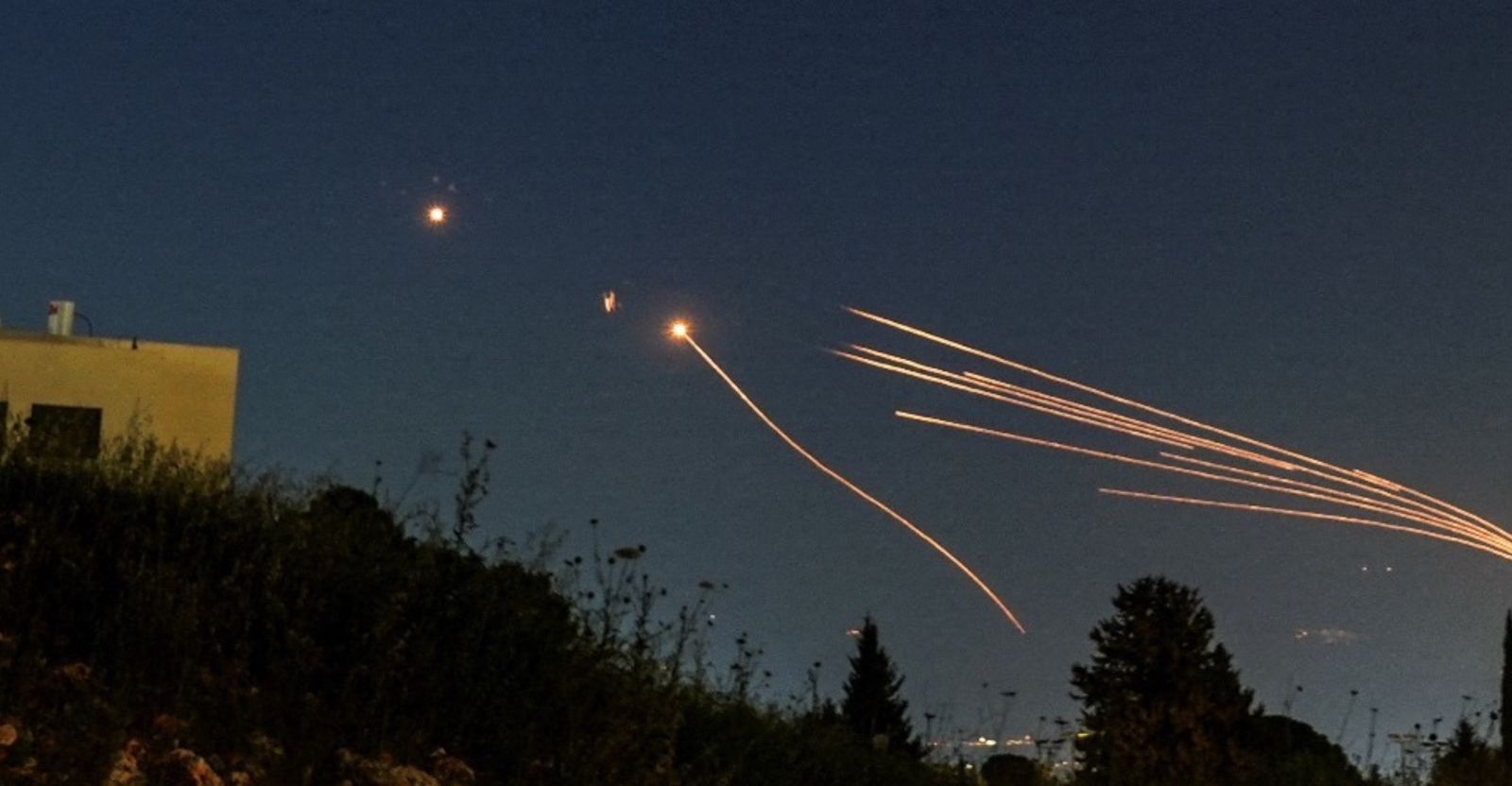
Israel's missiles on Iran in Iraqi airspace, Tehran threatens
Shafaq News/ Iraq and Jordan are the only two countries whose airspace Israel could potentially utilize for a strike on Iran, in response to Iran's missile attack in early October, Reuters reported.
Gulf countries are pressuring Washington to prevent Israel from striking Iranian oil fields, fearing that such actions could lead to retaliatory attacks on their own oil facilities by groups aligned with Tehran if the conflict escalates, Reuters quoted Gulf sources as saying.
“Gulf states including Saudi Arabia, the United Arab Emirates and Qatar are also refusing to let Israel fly over their airspace for any attack on Iran and have conveyed this to Washington,” the same sources added.
The three Gulf sources emphasized that Israel could route strikes through Jordan or Iraq, but using Saudi, UAE, or Qatari airspace was off the table and strategically unnecessary.
Analysts also pointed out that Israel has other options, including mid-air refueling capabilities that would enable its jets to fly down the Red Sea into the Indian Ocean, proceed to the Gulf and then fly back, according to Reuters.
The moves by the Gulf states come after a diplomatic push by Iran to persuade its Gulf neighbors to use their influence with Washington amid rising concerns Israel could target Iran's oil production facilities.
During meetings this week, Iran warned Saudi Arabia it could not guarantee the safety of the Gulf kingdom's oil facilities if Israel were given any assistance in carrying out an attack, a senior Iranian official and an Iranian diplomat told Reuters.
The same diplomat reported to Reuters that “During meetings this week, Iran warned Saudi Arabia it could not guarantee the safety of the Gulf kingdom's oil facilities if Israel were given any assistance in carrying out an attack.”
Ali Shihabi, a Saudi analyst close to the Saudi royal court, said: "The Iranians have stated that if the Gulf states open up their airspace to Israel, that would be an act of war. But (Saudi Arabia) won't allow anybody to use their airspace."
The diplomat said Tehran had sent a clear message to Riyadh that its allies in countries such as Iraq or Yemen might respond if there was any regional support for Israel against Iran.
At the same time, Saudi Arabia has remained cautious of potential Iranian strikes on its oil facilities since a 2019 attack on Aramco that disrupted more than 5% of the global oil supply. Iran denied responsibility for the attack. While Riyadh has pursued a rapprochement with Tehran in recent years, trust between the two nations remains fragile.
The Gulf states of Bahrain, Kuwait, Qatar, Saudi Arabia, and the UAE all host US military bases or troops which raises concerns of these countries that Iran could consider them a part of the war against it.
Israel emphasized that it would respond “in due time” to Iran after its missile attack in early October, and said the response would be “lethal and precise.” However, it is uncertain whether Israel will target Iranian oil sites, nuclear facilities, or military bases.
US President Joe Biden spoke with Israeli Prime Minister Benjamin Netanyahu on Wednesday as Washington seeks to prevent the possibility that an Israeli response could trigger a regional war. Biden has expressed opposition to the idea of Israel striking Iranian nuclear sites.
Biden added, "if I were in their shoes, I'd be thinking about other alternatives than striking oilfields.”
